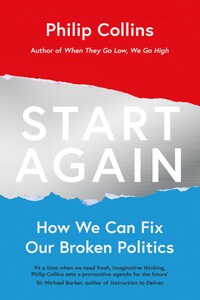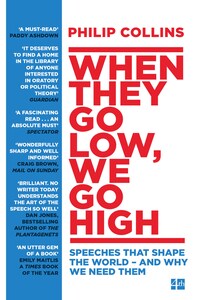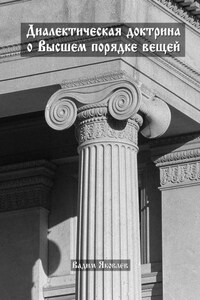Sir Robert Peel died a fêted man. On 10 July 1850, eight days after he fell from his horse to a sudden death, a public meeting in the court house at Bury Town Hall resolved to erect a monument as a memorial to ‘our eminent townsman’. A Testimonial Committee was appointed and £2,700 was crowd-funded, from 2,000 contributors. An exhibition was staged in February 1851 for the public to inspect the mooted statuettes, busts and architectural designs. Though the venue forbade entry to ‘Persons in Clogs’, the working people of Bury ran up the steps in their stockinged-feet, close to 15,000 of them, to see the designs. Much the same number attended the inauguration of Edward Hodges Baily’s finished statue on 8 September 1852, in the company of Sir Robert’s son, Frederick Peel, MP for Bury.
Robert Peel was held in such esteem because he was thought to have spoken plainly in the hope of improving the condition of the people. Can anybody imagine today the stockinged-footed legions rushing to the municipal hall to approve plans to commemorate a politician? Right now, nobody is putting politicians on a pedestal.
The greatest political son of my home town has stood in bronze since 1852, surveying the public space outside the Parish Church of St Mary the Virgin. The statue of Peel depicts the Bury Prime Minister clad in contemporary dress, speaking to the House of Commons about the high price of bread that made life such a misery for the urban poor. On the statue’s granite pedestal, a circular bronze panel contains lines from the speech in which Peel announced his resignation as Prime Minister on 29 June 1846. ‘It may be, I shall leave a name’, the inscription reads, ‘sometimes remembered with expressions of goodwill in the abode of those whose lot it is to labour, and to earn their daily bread by the sweat of their brow – when they shall recruit their exhausted strength with abundant and untaxed food the sweeter because it is no longer leavened by a sense of injustice’.
These are words that speak both to and about the people. Peel was talking about the twin virtues of British democratic politics at its best; it grants power to the people and it provides them, fairly, with benefits. Peel knew that his action would be likely to split the Conservative party but he proceeded all the same. His memorial in Bury is a reminder that good politics can redeem its promise. It is far from doing so now.
Today in Britain there is a legion of people without a political home. I am one of them. I grew up in a staunchly Conservative family in Robert Peel’s town of Bury. But rebellious like Peel himself, I split from the family allegiance because the Social Democratic Party (SDP) seemed like a novel answer to Britain’s mood of decline. Even at a young age the discipline of the Tories wedded to the romance of Labour seemed to me like the perfect compound rather than the terms of the fight. When the SDP collapsed in 1988, I joined the Labour party. I did so for the same reason that most people do. I wanted to make the world better. If that sounds naive then it is deliberately so. I believed at the time, and I believe now, that good politics can be the agent of the good society and, unlike my grandfather, who always saw the Conservative party as the vehicle of progress, I found that energy in the Labour party. I soon learnt that too much of that energy was poorly directed. This was a time, the mid-1980s, when the far left had taken control of the party. My first job in politics was for Frank Field who had been deselected as MP for Birkenhead by the entryist group Socialist Organiser. The antics of the far left taught me an unforgettable political lesson. When people become convinced of their own righteousness the last thing they are capable of being is righteous. The politics were masculine and vicious. Claiming to act in the name of working people, the left achieved nothing beyond confirming its own purity. Today the same people are back. The Labour party has fallen victim to a juvenile anti-capitalism and loathing of America. A party too hospitable to conspiracy theories, chief among them anti-Semitism, is, sadly, no longer a noble institution.
The Conservative party, meanwhile, has dragged the nation into its own private feud. Fired by too pure an account of sovereignty, the party is in the process, whimsically and chaotically, of taking Britain out of the EU for reasons it can barely remember let alone define. The split instigated by Peel over the Corn Laws opened a fault line in Conservative thought between trade and protectionism, between being open to the world and being closed off. That fault line has run through all of the party’s travails over Europe and, at last, it is yielding to the temptation to raise the drawbridge. It is a deeply inadequate response to a world in which connections are more extensive and more important than ever before.









